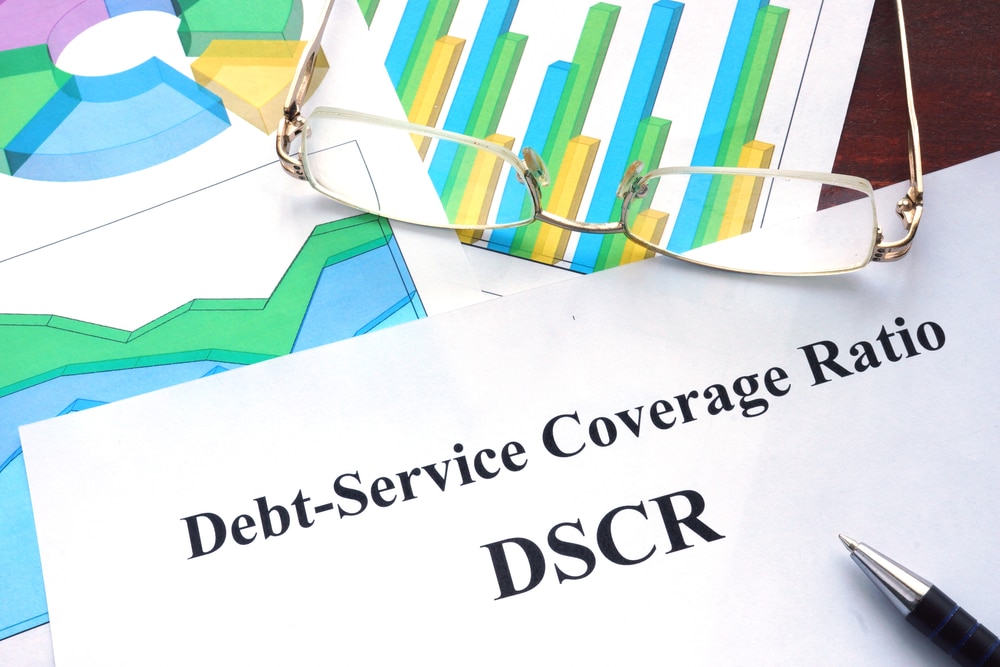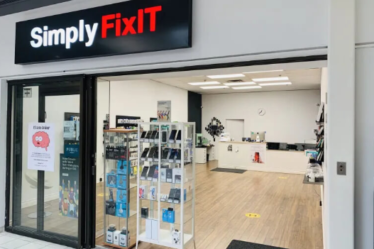
Debt Service Coverage Ratio (DSCR) loans have become an essential tool for businesses and real estate investors seeking to finance their ventures. These loans are particularly beneficial for those who need to demonstrate their ability to generate sufficient income to cover debt obligations. In this article, we will delve into what DSCR loans are, their benefits, the qualifications required, the application process, and tips for securing the best terms. Whether you are a seasoned investor or new to the concept, this guide will provide valuable insights to help you navigate the DSCR loan landscape.
What is a DSCR Loan?
A DSCR loan is a type of financing where the borrower’s ability to repay the loan is measured by their Debt Service Coverage Ratio. The DSCR is a financial metric that compares an entity’s operating income to its debt obligations. Essentially, it indicates how well a business or investment property can cover its debt payments. A DSCR greater than 1.0 means that the income generated is sufficient to cover the debt, while a DSCR below 1.0 suggests potential difficulties in meeting debt obligations. Lenders typically prefer a DSCR of at least 1.25 to ensure a margin of safety.
Benefits of DSCR Loans
DSCR loans offer several advantages for borrowers. Firstly, they allow investors to leverage their existing income-producing properties to obtain financing. This can be particularly useful for expanding a real estate portfolio or funding business growth. Secondly, these loans often come with more flexible terms compared to traditional financing options, as lenders focus on the property’s income rather than the borrower’s personal credit history. Lastly, securing a DSCR loan can help improve an entity’s creditworthiness, making it easier to obtain future financing.
Qualifications for DSCR Loans
Qualifying for a DSCR loan requires meeting specific criteria set by lenders. The primary qualification is demonstrating a satisfactory DSCR, which involves providing detailed financial statements and income reports. Lenders will also consider the property’s occupancy rate, lease agreements, and market conditions to assess its income stability. Additionally, while personal credit scores may not be the primary focus, a good credit history can still enhance the overall application. Borrowers should be prepared to present a comprehensive business plan or investment strategy to showcase their ability to manage and grow the income-generating asset.
The Application Process
Applying for a DSCR loan involves several key steps. Initially, borrowers need to gather and organize their financial documents, including income statements, tax returns, and detailed property information. Next, it’s important to approach lenders who specialize in DSCR loans, as they will have a deeper understanding of the requirements and nuances involved. The application will typically include submitting financial documents, completing forms, and possibly undergoing an appraisal of the property. Once submitted, the lender will review the application, assess the DSCR, and make a decision. It’s crucial to maintain clear and open communication with the lender throughout this process to address any questions or additional information requests promptly.
Tips for Securing the Best Terms
To secure the best terms for a DSCR loan, borrowers should focus on several strategies. First, maintaining a high DSCR by ensuring the property or business generates stable and sufficient income is paramount. Regularly reviewing and improving operational efficiencies can help boost income and reduce expenses. Second, building strong relationships with lenders and showcasing a solid track record of managing income-generating assets can enhance credibility. Third, being prepared with comprehensive and organized documentation can streamline the application process and demonstrate professionalism. Lastly, comparing offers from multiple lenders can help identify the most favorable terms and conditions, ensuring the loan aligns with the borrower’s financial goals.
The Future of DSCR Loans
As the financial landscape continues to evolve, DSCR loans are likely to become even more integral to the strategies of savvy investors and business owners. With the increasing complexity of real estate markets and the rising demand for commercial properties, the ability to secure financing based on income-generating potential rather than traditional credit metrics provides a significant advantage. Moreover, advancements in financial technology and data analytics are expected to streamline the application process, making it easier and faster for borrowers to access these loans. Staying informed about market trends and continuously optimizing property performance will be key to leveraging DSCR loans effectively in the future. By embracing these opportunities, investors can ensure they remain competitive and poised for growth in an ever-changing economic environment.
Final Thoughts
DSCR loans represent a valuable financing option for investors and businesses seeking to leverage their income-generating properties. By understanding the fundamentals of DSCR loans, the benefits they offer, the qualifications required, and the application process, borrowers can position themselves for success. Implementing strategies to secure the best terms can further enhance the benefits of DSCR loans, providing a robust foundation for growth and financial stability. As with any financial decision, it’s important to conduct thorough research and seek professional advice to ensure the chosen financing option aligns with long-term objectives.


